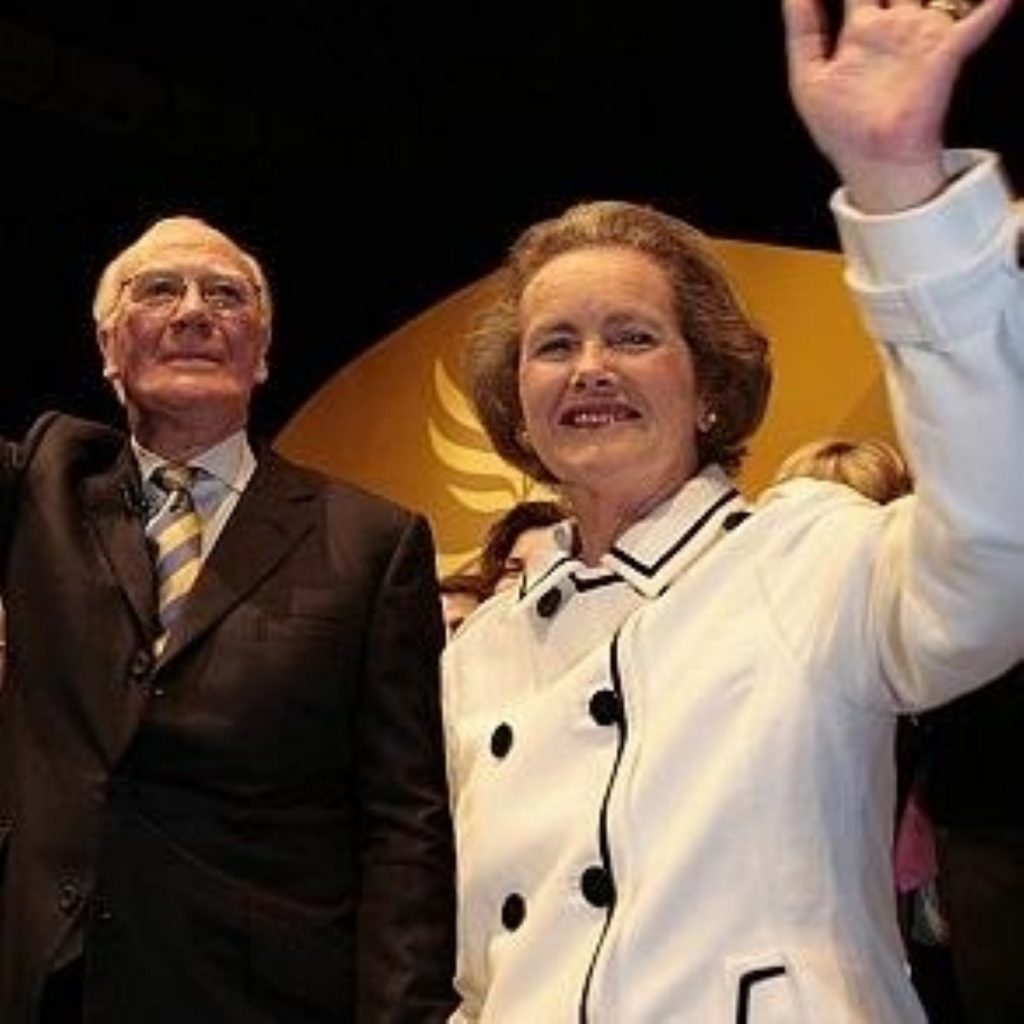MPs weigh in on Campbell’s departure
With no word from Sir Menzies Campbell following his abrupt departure last night, politicians from all sides have stepped into voice their opinions.
Sir Menzies issued a letter of resignation yesterday, but the official announcement was left to Vince Cable, who will stand in as leader until December, and party president Simon Hughes.
In his letter, Mr Campbell acknowledged that doubts over his abilities as a leader had stunted political progress for the party.
The letter suggests he chose to bow out gracefully following Gordon Brown’s announcement last week that there will be no election until 2009.


This will give the party time to find a suitably exuberant replacement to contend with the likes of David Cameron, who appears to have engineered a Conservative resurgence in the polls.
But the question mark remains over whether Mr Campbell jumped or was pushed.
Former Liberal Democrat leader Paddy Ashdown today insisted that Sir Menzies was not forced out.
Lord Ashdown had intended to visit Sir Menzies today to discuss statements made over the weekend suggesting his leadership was “under discussion”.
Mr Ashdown said: “I was going to say to him; ‘Look Ming, it’s going to be quite tough for you to continue until an election in 2009. But one thing is very clear..go on your own terms’.
“Those who think that Ming was kicked out in some way simply don’t know the man.
“He took his own decision, in his own time.”
But the internal divisions, visibly apparent following the ousting of Charles Kennedy in 2005, appear to be inflamed once again.
Mike Hancock, the Lib Dem MP for Portsmouth South, blamed members of the party for failing to give Mr Campbell “a chance” to lead.
He criticised “a right shower of people, who were stirring it behind his back” and labelled their behaviour as “despicable”.
Former leader of the Conservative party, Iain Duncan Smith, attributed the party’s difficulties not to Sir Menzies leadership, but to problems resulting from their diminishing position as the third largest party.
Mr Duncan Smith claimed voter approval had receded because of the Conservative revival, and not because Mr Campbell was an inadequate leader.
However, a pattern of damning poll results for Mr Campbell would seem to have provided the final shove – with a Crosby Textor poll this weekend revealing only seven per cent of voters viewed him as the most convincing candidate to take Number 10 at the next election.
The Liberal Democrats, at the end of their conference, were still only running at around 16 to 17 per cent in the polls.
That was down on the 19 per cent that Sir Menzies inherited.
Over the last week, their control receded even further, to 12 per cent.
John Curtice, professor of politics at the University of Strathclyde, said he believed the polls played a “crucial” part in the downfall of the former Olympic runner.
Mr Curtice explained: “It was that basic lack of impact that I think was his problem.
“It’s not his age, it is perhaps that he looked and sometimes came across as a politician of a different age, but in the end it’s the fact that he couldn’t reach out to the wider public.”
The party published their election timetable today, which reveals a new leader will not be announced until mid-December.
Environment spokesman Chris Huhne has been tipped as a contender, as has home affairs minister, Nick Clegg.
The two will attempt to canvass support and gauge approval before they officially declare their intention to run over the coming days.











